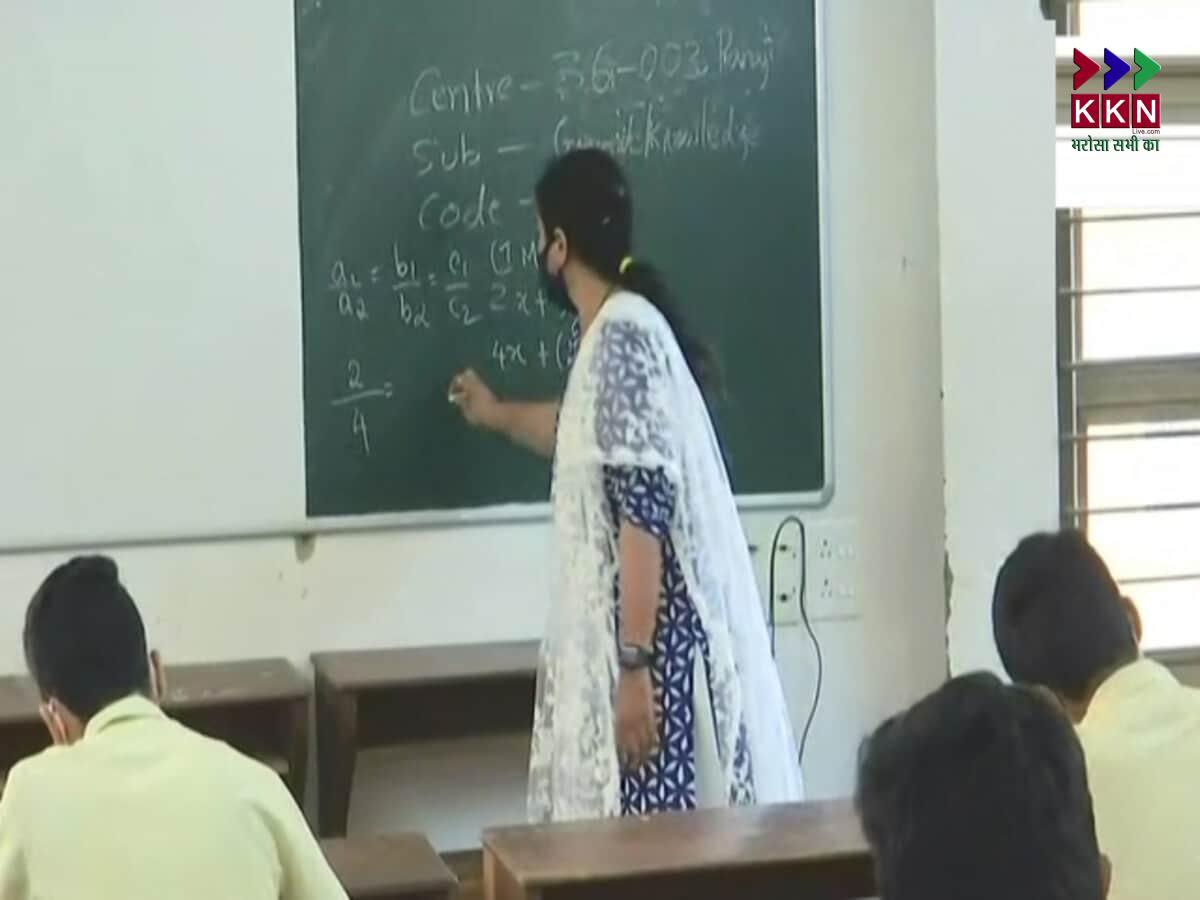
A major shakeup is about to take place in the field of education in India. The National Council for Teacher Education (NCTE) and the Ministry of Education have completed their preparations to radically transform teacher training. Starting from 2025, new rules will be implemented that will have a significant impact on every student aspiring to become a teacher through B.Ed. or D.El.Ed. courses. One of the key changes is that students will no longer be able to pursue both B.Ed. and D.El.Ed. simultaneously. According to the new system, students will have to focus on one course at a time, ensuring that their education remains deep and focused. The era of trying to hit two targets with one shot will come to an end.
Elimination of Dual Courses: A Significant Change
The biggest and most revolutionary change in the new teacher training system is the mandatory six-month internship. This internship will only be conducted in recognized schools, ensuring that future teachers are exposed to the real challenges of the classroom. The era of being confined to textbooks will be over. From now on, the real classroom experience will define a teacher’s capabilities. The National Council for Teacher Education has made it clear that only degrees from accredited institutions will be valid. Degrees from fake or unrecognized colleges will no longer be accepted. This means that before seeking admission, students will need to verify the recognition status of the institution.
End of Online Degrees for Teacher Training
Another major change is the end of online degrees for B.Ed. and D.El.Ed. While theory modules may be available online, internships, practicals, and training classes will be conducted offline. The real aim behind this change is to ensure that teachers are equipped with practical knowledge, not just theoretical learning. The Ministry of Education and NCTE believe that the true essence of teaching lies not in bookish knowledge, but in real-world classroom experience.
New One-Year B.Ed. Course for Graduate Students
Another significant reform is the introduction of a new one-year B.Ed. course. This course will be available for students who have already completed a four-year undergraduate or postgraduate degree. The new course will begin in 2026-27 and will span two semesters. To be eligible, students from the general category will need a minimum of 50% marks, while students from the EWS category will require 45%. The good news is that there will be no age limit for this course, providing an opportunity for all students, regardless of their age.
Benefits for Students and Society
The biggest benefit of these reforms will be for both students and society as a whole. Teachers will no longer enter the classroom armed only with theoretical knowledge. Instead, they will have the real-life experience of understanding students and teaching using modern techniques. As a result, the quality of education will significantly improve, and children will learn in a more effective manner. The Ministry of Education and NCTE firmly believe that real teachers are not made just through books; it is the classroom experience that truly shapes a teacher. This is why internships and practical training are now being given the highest priority in teacher training.
The changes introduced by the Ministry of Education and the National Council for Teacher Education represent a massive shift in the teacher training system. By focusing on practical experience and the quality of training, the education system is set to see significant improvements in the coming years. With the emphasis on internships, accredited institutions, and the end of online degrees for teacher training, the future of teaching in India looks much more grounded and relevant to the needs of modern classrooms. Students entering the teaching profession will now be better equipped to deal with real-world challenges, ensuring that they become competent educators capable of delivering quality education to future generations.